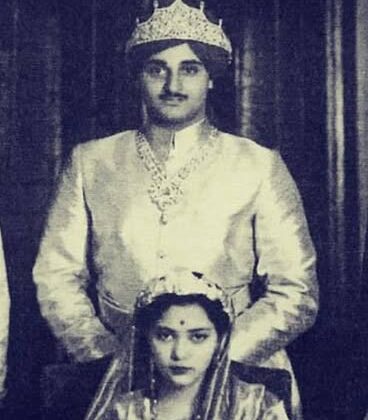
Rani Padmavati: The Legend of Chittorgarh’s Fearless Queen
Introduction
Rani Padmavati, also known as Padmini, remains one of the most legendary figures in Indian history. Her story blends beauty, bravery, and sacrifice, inspiring generations. As the queen of Chittorgarh and the wife of Maharana Ratan Singh, she became a symbol of Rajput pride when she chose honor over surrender during Alauddin Khilji’s invasion.
Early Life and Marriage
Padmavati gained fame for her unmatched beauty, intelligence, and valor. She married Maharana Ratan Singh, the ruler of Mewar, and became an integral part of Chittorgarh’s legacy. The Rajputs admired her not only for her grace but also for her wisdom and courage.
Alauddin Khilji’s Obsession
The tale of Rani Padmavati took a dramatic turn when Alauddin Khilji, the Sultan of Delhi, heard about her beauty. Determined to see her, he tricked his way into Chittorgarh. The Rajputs, however, only allowed him to view her reflection in a mirror. Enraged and obsessed, Khilji launched a siege on the fort in 1303.
The Siege of Chittorgarh
Khilji’s forces surrounded Chittorgarh, leading to a prolonged and brutal battle. Maharana Ratan Singh and his warriors fought valiantly but struggled against the overwhelming numbers. As the fort neared collapse, Rani Padmavati made a fateful decision. She and thousands of Rajput women performed Jauhar—a mass self-immolation—to protect their honor from the invading army.
Legacy and Cultural Impact
Rajput folklore, poems, and historical accounts continue to immortalize Rani Padmavati’s story. Though some historians debate its authenticity, her legend remains a powerful symbol of honor and resistance. People across Rajasthan revere her, and Chittorgarh Fort stands as a testament to her sacrifice.
Conclusion
Rani Padmavati’s story is more than just history—it represents a legacy of bravery and unwavering commitment to values. Her sacrifice continues to inspire people, making her an eternal icon of Rajput pride and Indian heritage.




